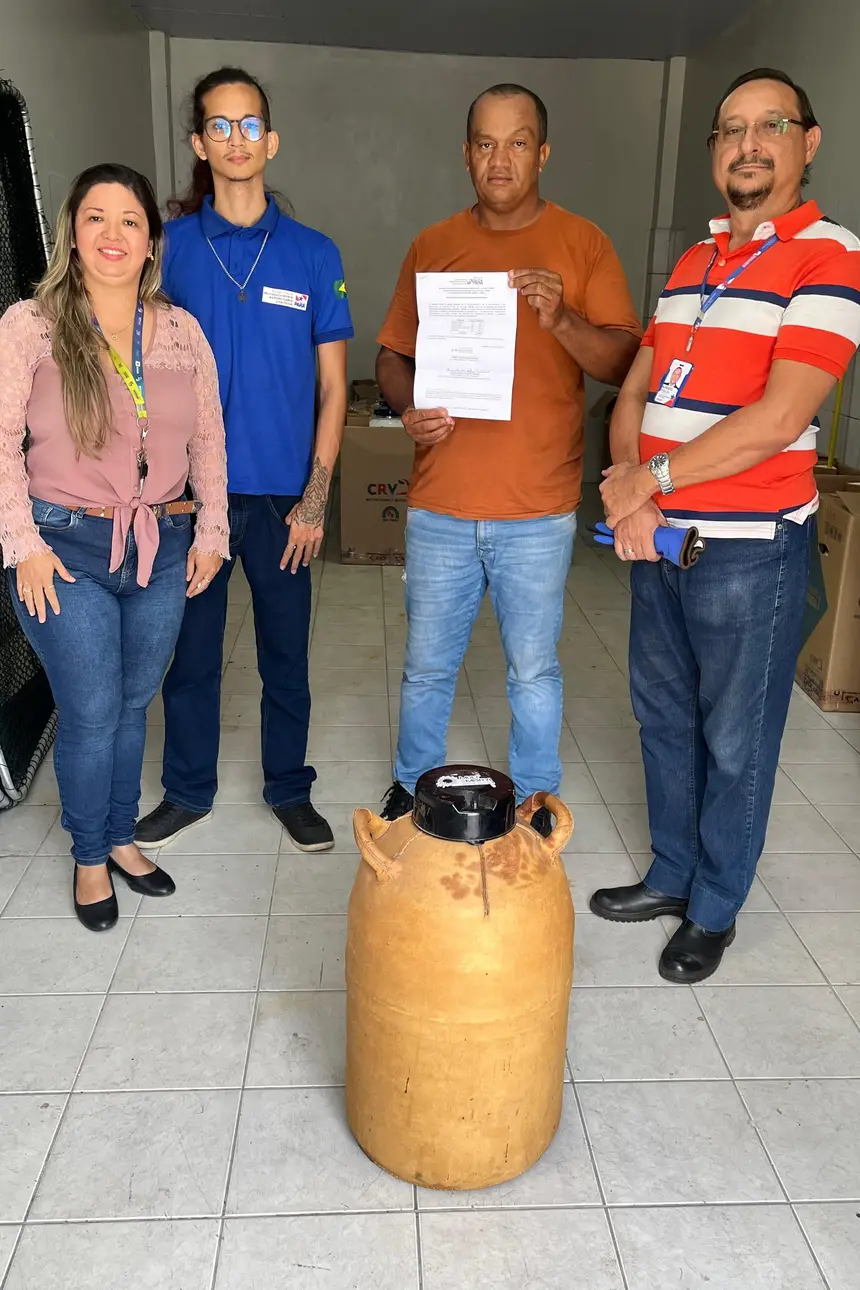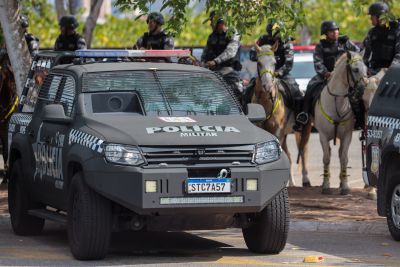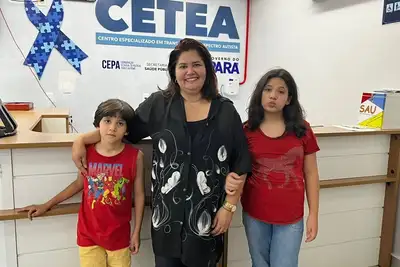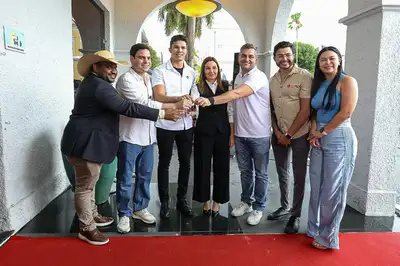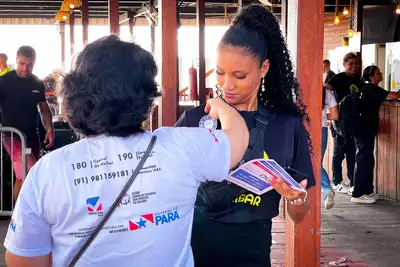Sedap transfers nearly 15 thousand doses of bovine material with genetic improvement to municipalities
One of the purposes of the State, through the Secretariat, is to encourage small producers to improve the quality of milk and meat
As part of the actions of the Animal Genetic Improvement Program (Probovideos), the State Secretariat for Agricultural Development and Fisheries (Sedap) has already donated nearly 15 thousand doses of semen from bulls of high genetic value to municipalities. In the last two days (23 and 24), the Secretariat transferred material to the municipalities of São Félix do Xingu, in the Araguaia Integration Region, and Marabá and Piçarra, in the Carajás Integration Region.
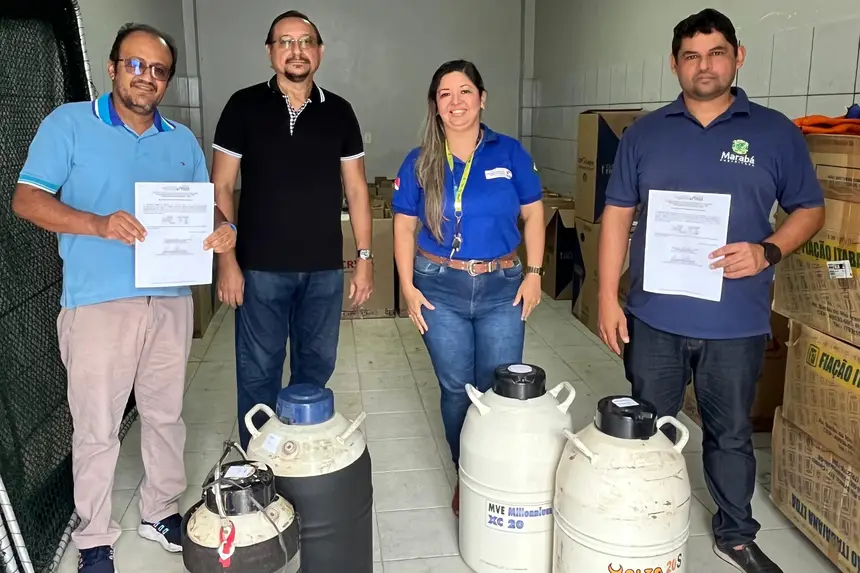
One of the purposes of this donation is to encourage small producers in order to stimulate the milk and meat production chain. The material transferred is suitable for fertilization and has already received certification from the In Vitro Fertilization Laboratory of the Federal University of Pará (UFPa) "Prof. Dr. Otávio Mitio Ohashi", with which Sedap maintains a Technical Cooperation Agreement.
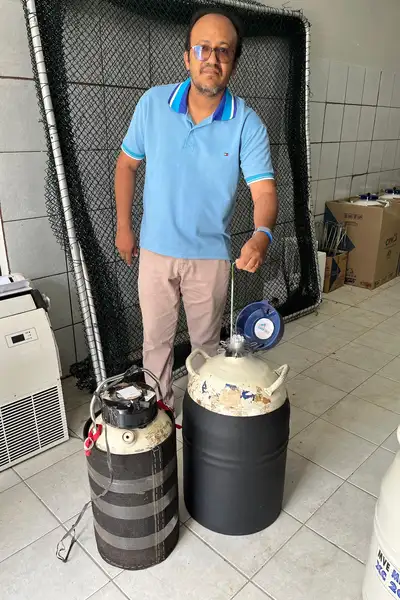
For the representatives of the municipalities benefited, the semen will boost production, especially for small producers working with milk production. In the municipality of Piçarra - which received 1,500 doses - the acquisition is important to improve the genetic level of the herd, noted the zootecnist from the Municipal Agriculture Secretariat, Reginaldo Pereira. The quality of milk production is an expected result.
“We will try to raise the genetic level of the herd in southern Pará, and with that improve milk production throughout the State. This will bring even more incentive to rural producers to produce in the municipality and the region. We see this partnership as an alternative to try to recover this better production that we had in the past,” informed Reginaldo Pereira.
Incentive - One of Sedap's purposes in transferring the genetic material is to encourage producers, especially to improve milk production, said Sedap veterinarian Augusto Peralta, who is part of the Animal Production Coordination team (Copan). “The Secretariat is doing its part, which is to encourage and promote municipalities to stimulate the milk and meat production chain. We are seeing if we can provide new blood, to have productive animals in terms of lactation. This is our goal: to improve the milk production chain throughout the State of Pará,” emphasized the veterinarian.
The work, emphasized Augusto Peralta, currently focuses on cattle production but will eventually encompass the buffalo herd. The semen transferred to the municipalities in the last two days is from the Girolando and Holstein breeds, which are characterized by higher lactation yield, weight gain, and precocity, he informed.
Among the municipalities that have already received semen are Pau D’Arco, Tucumã, Cumaru do Norte, São Felix do Xingu, Marabá, and Piçarra. A total of 5 thousand doses were also transferred to the Federal University of Pará for analysis of the material regarding fertility, concentration, and motility (whether they are suitable for fertilization).
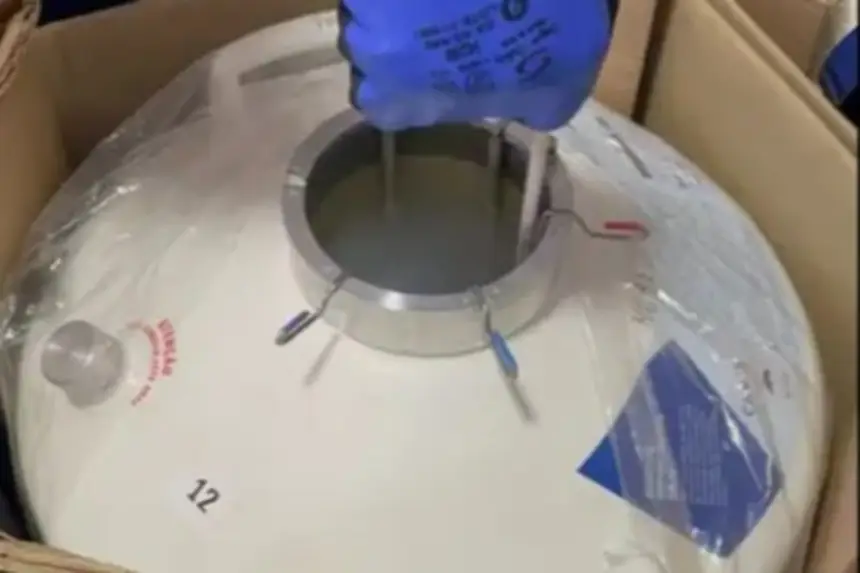
The transfer of the material is provided for in the Technical Cooperation Agreement signed between Sedap and the municipal governments, said Augusto Peralta. According to him, a protocol is necessary, through an official letter sent to Sedap, informing the desired quantity and suitability (whether for milk or meat production). In addition to the letter, the interested municipality must present a work plan detailing how the work will be carried out in the municipality and what the target audience will be.
Through Sedap's website (sedap.pa.gov.br), municipalities can access all the necessary criteria to receive the genetic material.


